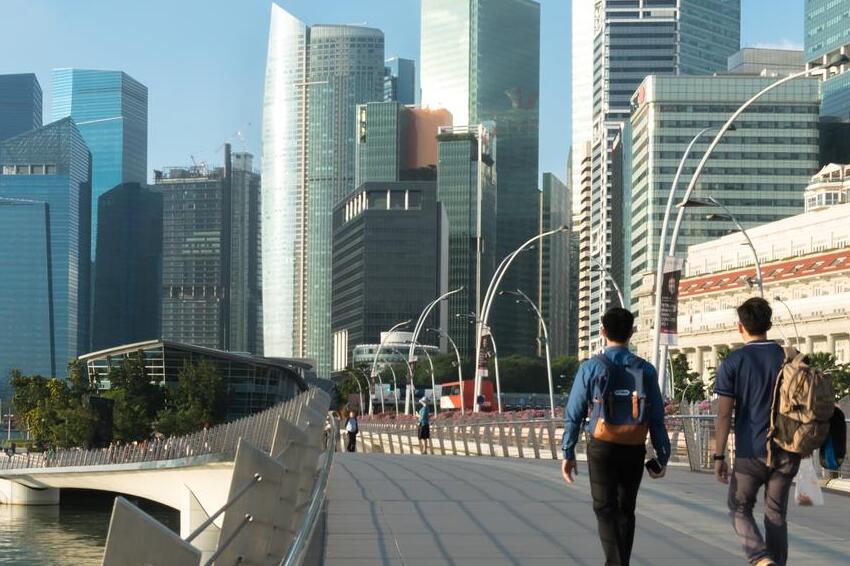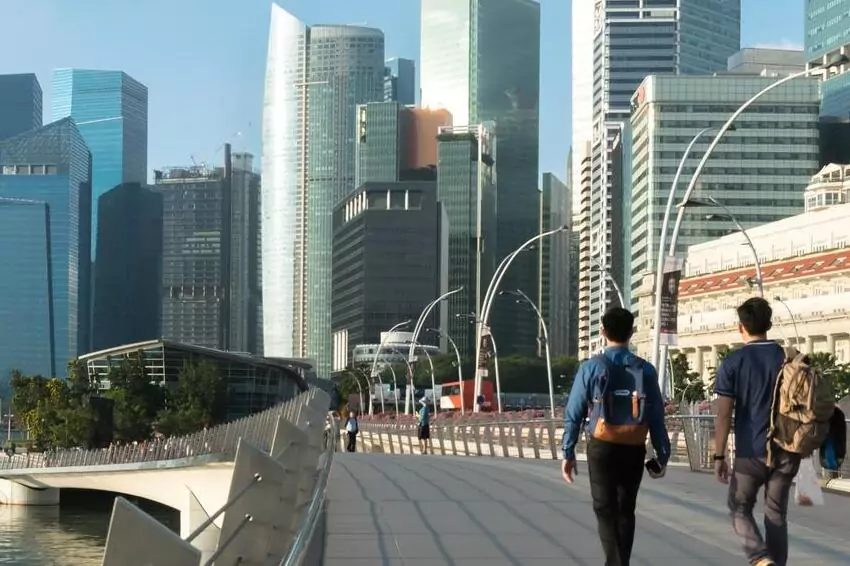

(c) Matt Macdonald
The separate visits to China by the leaders of Malaysia and Singapore this week will demonstrate how Southeast Asian nations are embracing a strategy of “proactively” engaging and bolstering economic ties with Beijing, according to analysts.
Malaysian Prime Minister Anwar Ibrahim and Singaporean Prime Minister Lee Hsien Loong are among the world leaders attending this week’s Boao Forum for Asia, an annual summit established in 2001 to promote regional economic cooperation.
President Xi Jinping, Premier Li Qiang, National People’s Congress chairman Zhao Leji, and Chinese People’s Political Consultative Conference chairman Wang Huning are among the prominent Chinese figures they will meet.
Analysts say that the visits show a desire to proactively interact with China in the midst of rising Sino-US tensions, adding that Singapore’s continued neutral gestures and Malaysia’s potential move closer to Beijing under a new administration will also be closely monitored.
Due to China’s status as Southeast Asia’s leading trading partner, the trips will unquestionably highlight economic relations. But, peace and stability discussions will likely be another emphasis of the excursions, according to Don McLain Gill, director of South and Southeast Asia for the Philippine-Middle East Studies Association.
On Thursday, Lee will deliver a speech at the opening session of the Boao Forum, hosted in the southern Chinese province of Hainan. Anwar will be in China on Thursday for the forum and is set to address students at Beijing’s Tsinghua University.
Peter Mumford, Southeast Asia practice head at the Eurasia Group, a political risk consultant, said that the two leaders would focus on strengthening economic and investment links between China and their individual nations, as well as with Asean as a whole.
Regarding Malaysia, Mumford stated that it remained to be seen if Anwar, who was previously regarded as warmer towards the West than his predecessors, would adopt a different strategy.
Mumford said, “Yet his administration’s harsh response to the current Aukus statement, albeit significantly softer than the previous Malaysian government’s response, demonstrates he is also eager to impress China.”
Former Malaysian prime minister Najib Razak fostered strong relations with China by approving a comprehensive strategic alliance, endorsing Beijing’s Belt and Road Initiative, and aggressively courting Chinese investments.
After the United States and United Kingdom confirmed the sale of nuclear-powered submarines to Australia earlier this month, ostensibly to counter China, Malaysia urged other nations to avoid from any “provocation” that may potentially spark an arms race or threaten regional stability.
The fifth prisoner exchange took place on 6 May 2025 between Russia and Ukraine involving 205 prisoners and it is…
Established in the year 1921 and it still continues to showcase the legacy of this game through generations. This ‘Emperor’s…
The NBA Playoffs of 2025 would have much perdition during the matches of the second round. In the East, the…
Jimmy O.Yang, the Asian standup comedian established his name in the international stage and he is more popular among the…
Bill Gates of the Bill & Melinda Gates Foundation declared during the Philanthropy Asia Summit on May 5, 2025 that…
The game changer of the Netflix streaming is the South Korean nail biting survival thriller web series “Squid Game” and…
This website uses cookies.
Read More